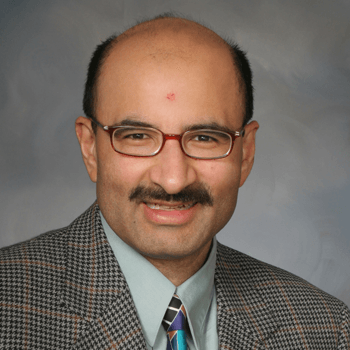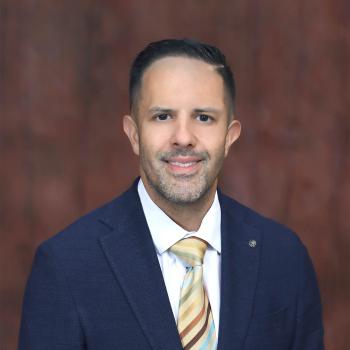What to Expect: The Blessing Advantage
If you need treatment for a GI disorder, you want the procedure to go smoothly. Our GI surgeons, specialists and their teams go the extra mile to make your experience as comfortable as possible. You can expect:
-
Preparation for success: The nurses at our prep clinic call you days before your procedure to explain what to expect and how to prepare for your procedure. Read our patient checklist.
-
A warm welcome: When you arrive for surgery, our receptionist greets you and lets you know how long you can expect to wait. We give you a pager that buzzes to let you know when we are ready for you. Our waiting area is bright and airy with comfortable seats.
-
Private rooms: When we are ready for your procedure, a nurse takes you to a private room in our pre-operation area. You return to the same room after your procedure.
-
Pre-procedure consultation: We ask you to arrive approximately an hour before your procedure so that we have enough time to review your history and talk with you about the procedure. A nurse measures your vital signs, such as temperature and blood pressure, to make sure you are physically ready for the screening or surgery. Your gastroenterologist or surgeon can answer any questions you have.
-
Recovery: After your procedure, you begin your recovery in your private room. A nurse monitors your vital signs to make sure you come out of sedation safely. Your doctor discusses your procedure with you and tells you if you need any follow-up appointments.
Screenings and Procedures at Our Gastrointestinal Center
Screening tests save lives by catching cancers at early stages, before they have spread. If you are over 50 or are having digestive problems, we offer outpatient screening tests for many GI disorders. With convenient hours Monday – Thursday: 6:30 a.m. - 7 p.m., Friday: 6:30 a.m. - 5:00 p.m. and Saturday: 7 a.m. - 2 p.m.
We offer many diagnostic tests and treatments as outpatient procedures at Blessing Hospital, Blessing Health Hannibal and Illini Community Hospital, so you can recover in the comfort of your home. Some of our most common screenings and procedures are:
-
Upper endoscopy: An esophagogastroduodenoscopy (EGD) is a test that examines the upper GI tract. The upper GI tract includes the esophagus (tube connecting the throat to the stomach), the stomach and the upper part of the small intestine. We insert an endoscope, a slender, flexible tube with a lighted camera, through your mouth, into your stomach and to your small intestine. If we notice anything abnormal, we can take a biopsy (tiny tissue sample) to test for cancer or other conditions. Learn more about the cancers we treat.
-
Colonoscopy: This test examines the lower GI tract, including the anus, rectum and colon (large intestine). With a colonoscopy, we look for abnormalities in the digestive system or with the prostate gland. We can take biopsies, if we see anything unusual, to test for cancer or other disorders. Read more about colorectal cancer and prostate cancer.
-
Sigmoidoscopy: This test examines only the lowest part of the colon. Like a colonoscopy, a sigmoidoscopy uses an endoscope to check for abnormalities that may be causing diarrhea or digestive discomfort. We can also check for polyps (tiny growths) or early signs of cancer.
-
Esophageal procedures: Your esophagus can narrow because of injury or conditions such as gastroesophageal reflux disease (GERD). Our surgeons can gently widen your esophagus by inflating a balloon or using a dilator at the end of an endoscope.
Contact Us
For more information about our surgery services or to schedule an appointment, call (217) 223-1200.




